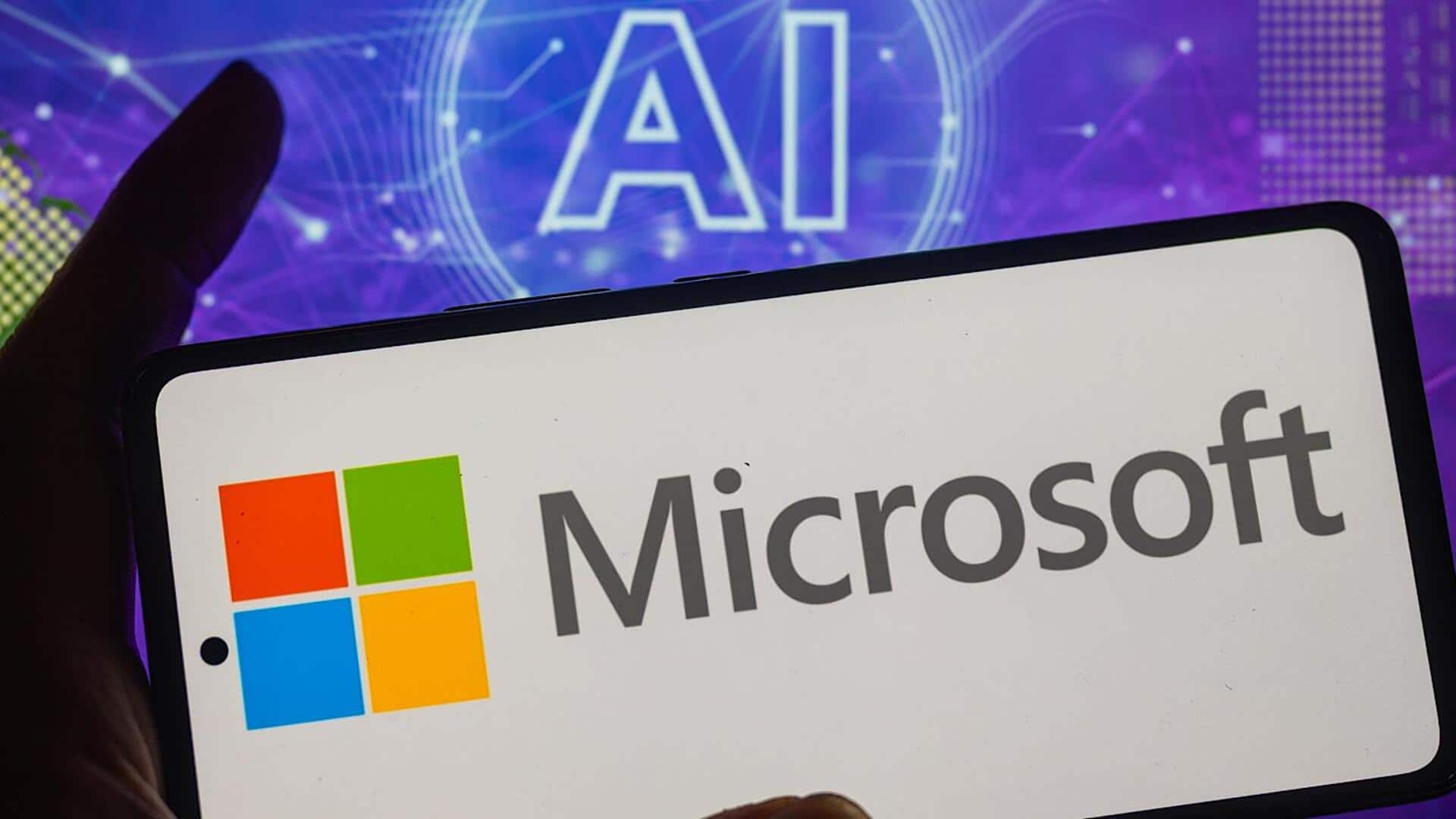
Microsoft develops top-secret AI model for US intelligence agencies
What's the story
Microsoft has developed a secret generative AI model specifically for the US intelligence agencies. This groundbreaking model, constructed on OpenAI's GPT-4 framework, is the first of its kind to operate entirely offline. As per William Chappell, Microsoft's CTO for strategic missions and technology, "This is the first time we've ever had an isolated version - when isolated means it's not connected to the internet - and it's on a special network that's only accessible by the US government."
Security solution
A response to global intelligence demand
The latest development by Microsoft is a response to the growing global demand from intelligence agencies for generative AI to analyze confidential data. However, data security concerns and potential hacking risks have previously impeded widespread adoption. To address these issues, Microsoft has housed this GPT4-based model and its supporting elements in an "air-gapped" cloud environment, disconnected from the internet. This isolation ensures the system's security and prevents any classified information from being exposed.
Secure processing
Unique features ensure data security
Chappell has clarified the unique features of the GPT4 model, stating, "You don't want it to learn on the questions that you're asking and then somehow reveal that information." The model in the cloud is static, meaning it can process files but cannot learn from them or any online sources. This approach allows for a "clean" model, preventing any confidential information from being inadvertently incorporated into the platform.
Deployment phase
Evaluation and certification underway
Microsoft spent 18 months developing this system, which also included revamping an existing AI supercomputer located in Iowa, US. The service is now set to undergo evaluation and certification by intelligence agencies. Despite being operational for less than a week, Chappell confirmed that "it is now deployed, it's live, it's answering questions, it will write code as an example of the type of thing it'll do." Roughly 10,000 individuals would have access to the AI.